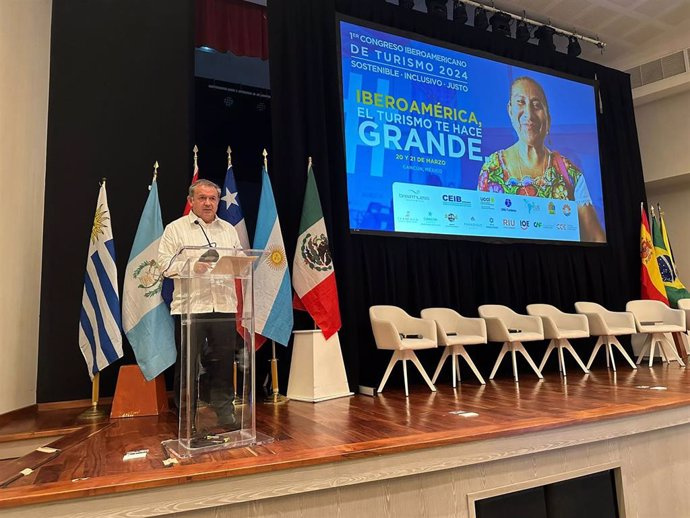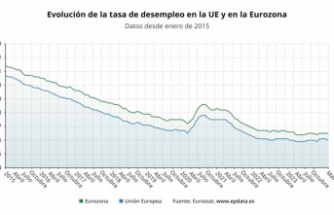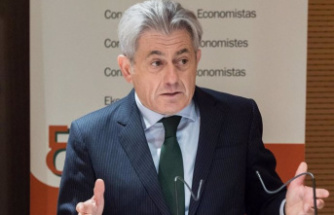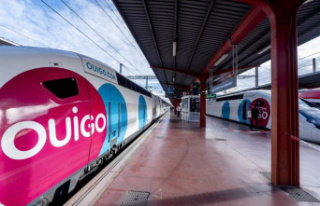MADRID, 22 Mar. (EUROPA PRESS) -
Representatives of the public and private sector linked to tourism in Ibero-America have drawn the main lines of an Inventory of Tourism Priorities for the Ibero-American Space, which includes the main challenges that the tourism sector needs to address, such as the imminent transformation of the workforce. .
This transformation must be done through a training and training approach that is accessible to all social segments, scalable to the entire tourism value chain, adaptable to new technological trends, agile in the face of market needs and coherent. with the sustainability challenges facing the sector.
The permanent secretary of the Ibero-American Business Council (CEIB), Narciso Casado, has been in charge of presenting the inventory that includes the main conclusions reached during the closing session of the I Congress of Sustainable, Inclusive and Fair Tourism, that took place these days in Cancún (Mexico).
Government representatives and business leaders have advocated identifying and focusing efforts on vulnerable communities, moving towards a new paradigm of opportunity in which they can be key actors in the tourism value chain, facilitating their access to training and opportunities. of dignified and decent employment, and to mechanisms that promote equity and labor inclusion.
Casado has also spoken of promoting public policies that place social development at the heart of the competitiveness of destinations, that facilitate incentives, stimuli and channel cooperation so that the sector is a promoter of talent wherever it is found.
The document also highlights the importance of promoting and facilitating inspection, surveillance and control as mechanisms for the adequate formalization of all actors in the tourism service chain, and as a strategy to guarantee that negative environmental and social problems and impacts of the sector are addressed at all levels.
It is also considered essential to promote tourism planning of the territory that responds to a sustainable vision and that is the result of the participation of all the social actors involved, both local communities, businessmen, tourists, public institutions and expert voices.
The public and private sectors have also agreed on the need to stimulate the commitment and involvement of tourists in the structural transformation of the sector towards sustainability, promoting it to be part of the preservation of natural environments of destinations and social development through consumption and tourist services experience.
Finally, emphasis was placed on the importance of promoting the transfer of good practices at all levels of the value chain, constant public-private dialogue and communication of destinations in the Ibero-American space, promoting a new approach to competitiveness, based in sustainability, resilience and humanism.













